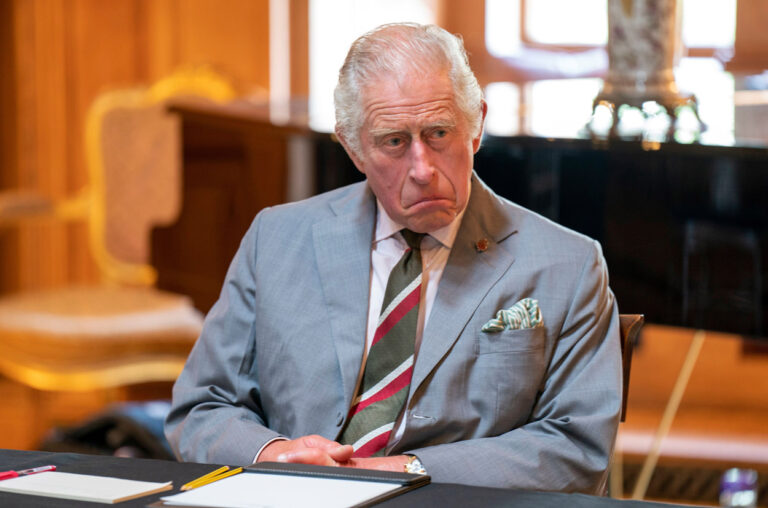Experts believe Prince William could be the next King, not Prince Charles
After news broke that Prince Charles and Prince William are travelling to Balmoral—the Scotland estate owned by Her Majesty—amid concerns about the health of the Queen, many netizens began speculating on exactly who will replace her if she were to pass in the near future.
The monarch, 96, is currently under medical supervision after doctors became concerned for her health. It comes after she postponed a planned Privy Council meeting on the evening of Wednesday 7 September after being advised to rest.
In a statement, Buckingham Palace said: “Following further evaluation this morning, The Queen’s doctors are concerned for Her Majesty’s health and have recommended she remain under medical supervision. The Queen remains comfortable and at Balmoral.” Glad to hear she’s comfy.
All the Queen’s four children are now with her at Balmoral Castle. Along with her grandson, the Duke of Cambridge.
— Chris Ship (@chrisshipitv) September 8, 2022
This is a serious situation. #queen #queenelizabeth pic.twitter.com/6fWzhHxLol
Since then, it’s been confirmed that her eldest son, Prince Charles, was travelling up to be with her—along with his wife Camilla, the Duchess of Cornwall. Kensington Palace also confirmed that Prince William was making his way up to Balmoral.
Which begs the million-dollar question: will Prince Charles take the crown or will he hand it straight to Prince William? I can already hear some of you—Prince Charles is first in line to the British throne, so that’s it, he’ll become King when his mother passes on the title. But as it turns out, it might not be so simple.
In a report by The Sun—so yes, please take this with a grain of salt—Princess Diana’s former voice coach, Stewart Pearce, opened up about why he believes that William could be the next British monarch and not his father.
“[Charles] may not take the throne, he may hand it to his young son. He doesn’t want to do it, such a difficult task,” Pearce told the tabloid in 2021. He further stated that William is “part of the conversation” and has been since his early teens.
That being said, Prince Charles can’t just decide to pass on the crown and be done and dusted with it. If he was to do so, according to experts at University College London’s Constitution Unit, it would require the involvement of Parliament.
On the UCL website, the unit wrote, “Under common law, Prince Charles will automatically become King the moment the Queen dies. Prince William could only become King if Prince Charles chose to abdicate. That would require legislation, as happened with the Declaration of Abdication Act 1936. The line of succession is regulated by parliament (as in the Act of Succession 1700, and the Succession to the Crown Act 2013); it can be changed only by Parliament and cannot be unilaterally altered by the monarch of the day.”
It could also be that Charles, who’s been waiting for the throne his whole life, decides to keep the title for himself for a little while. “Having waited over 60 years as heir apparent, it would be natural for Prince Charles to want to assume the throne and perform the royal duties for which he has spent so long preparing. But it would be equally natural if, after reigning for a few years as an increasingly elderly monarch, he chose to invite parliament to hand on the throne to Prince William,” added the Constitution Unit.
Only time will tell.






